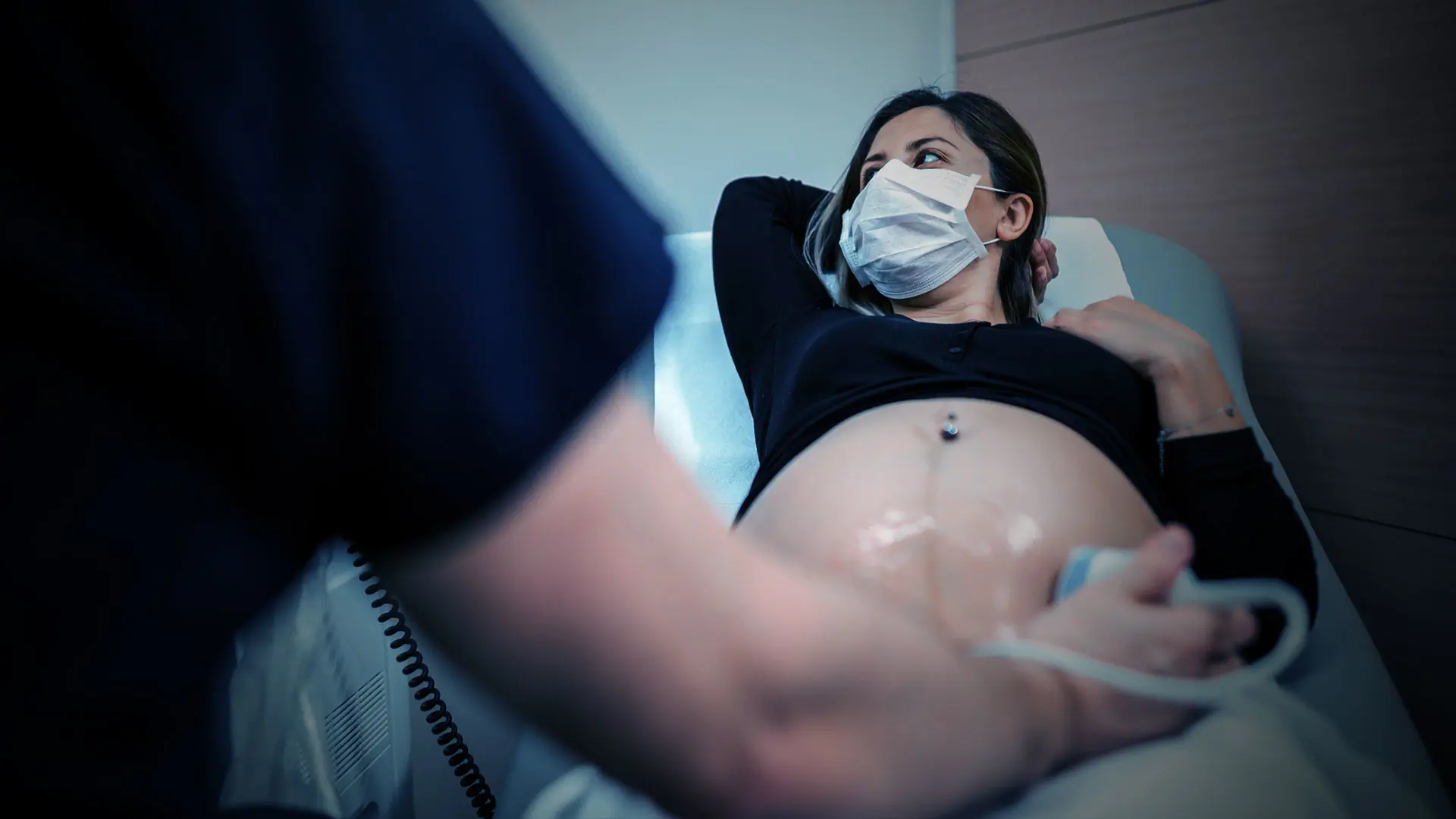New research from a team at Mount Sinai provides reassurance that a SARS-CoV-2 infection early in pregnancy that has resolved by the time of delivery does not appear to adversely affect maternal or fetal outcomes.
Some prior studies have shown increased risks for adverse pregnancy outcomes among women who had SARS-CoV-2 infection during pregnancy, but these were based on testing that was performed due to acute symptoms or routine screening at delivery. In the current study, which included women with asymptomatic prior infection earlier in pregnancy, no increased risks for outcomes such as preterm birth or neonatal abnormalities were found. The results were published in November 2021 in Paediatric and Perinatal Epidemiology.
“The fact that we really didn’t find any adverse outcomes is really supportive and encouraging for patients,” says one of the authors, Joanne Stone, MD, MS, Chair and Professor of Obstetrics, Gynecology and Reproductive Science at the Icahn School of Medicine at Mount Sinai.
The study is part of a multidisciplinary Mount Sinai effort funded by a $1.8 million contract from the Centers for Disease Control and Prevention (CDC) and expected to be conducted through May 2022. The team calls it “Generation C” because it is studying the maternal experience during the COVID-19 pandemic.
The recently published study included 708 women who gave birth between March and September 2020 at one of two Mount Sinai hospitals. Overall, 16.4 percent (116) were seropositive for SARS-CoV-2 based on spike IgG antibody measurement—suggesting prior infection—and 1.7 percent (12) had positive real-time polymerase chain reaction (RT-PCR) tests for SARS-CoV-2 at the time of delivery.
“The fact that we really didn’t find any adverse outcomes is supportive and encouraging for patients.”
- Joanne Stone, MD
Among the women with negative RT-PCR tests at the time of delivery, that is, no current COVID-19, there was no difference between those with prior infection (seropositive) and those without (seronegative) in outcomes including preterm birth, small for gestational age, Apgar score, or neonatal intensive care admission. There were no fetal or maternal deaths.
“There’s still not a lot of data out there about pregnancy and the effects of SARS-CoV-2 on outcomes. The thing that’s different about this study is that it’s prospective and we know if they had COVID-19 in the past, even if they didn’t have symptoms. That’s incredibly important,” Dr. Stone says.
Women who had previously been infected (seropositive) were generally younger, more often Black or Hispanic and publicly-insured, and had higher body-mass indexes compared to those who had never had COVID-19 (seronegative). But, the lack of association between prior infection and any adverse outcome was similar across ethnic groups.
The findings did not change in sensitivity analyses excluding patients who didn’t have an RT-PCR test done at delivery and those with more than 30 days between serosample collection and delivery.
But Dr. Stone cautioned that the numbers so far are small and underpowered to detect significant differences in some of the outcomes. The Mount Sinai team is continuing to enroll and follow women, aiming for a total of about 1,500. They are now looking at outcomes by vaccination status as well as other factors (but not by variant type). They also hope to be able to conduct pediatric follow-up of the children as well, she said. “So, I think we will need larger cohorts, but it is still encouraging.”
Featured

Joanne L. Stone, MD, MS
Chair and Professor of the Raquel and Jaime Gilinski Department of Obstetrics, Gynecology and Reproductive Science

Noël Strong, MD
Assistant Professor of Obstetrics, Gynecology and Reproductive Science
